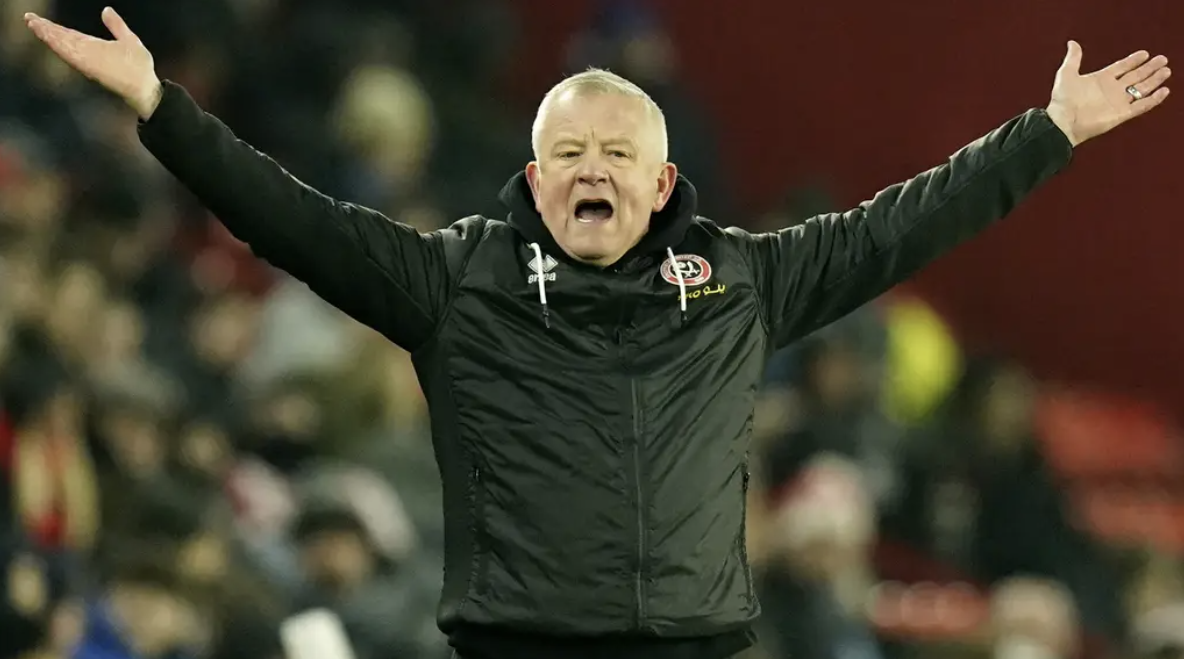
Fantasy football is a game where people create their own teams using real-life football players. The points in this game are based on how well these players perform in actual matches. Originally popular with fans of top leagues, this game has also become a hit with fans at different levels, including League One.
The game gets tricky in League One because the players aren’t as well-known, and their performance data isn’t as clear-cut as in the top leagues. This makes managing a fantasy team both challenging and exciting, as it requires a deeper understanding of football stats and player capabilities.
Key strategies in fantasy football involve choosing the right Captain and making smart Differential Picks. A Captain is a player who earns double points and is chosen based on their current form and the difficulty of their upcoming matches. These choices are crucial as they can greatly affect your position in the league standings.
Differential Picks are about choosing players that most other participants overlook but who have the potential to score high points. These decisions are especially important in unpredictable environments like League One, where picking lesser-known players who perform well can set your team apart.
Draft Strategies for League One Fantasy Football
Developing a strong draft strategy is crucial to success in League One fantasy football. Initially, it’s essential to secure high-performing players. These players often provide consistent points, forming a solid base for your team. Equally important is the strategic selection in later rounds, where understanding the player potential and the depth of available talent specific to your league’s size becomes vital.
In fantasy football, midfielders and forwards who are consistent scorers or playmakers are generally picked early due to their ability to accumulate points through goals and assists. After securing reliable scorers, focusing on versatile players who contribute across multiple areas can balance your team, ensuring you have a robust lineup each week.
League format can influence your draft strategy. For instance, in point-per-reception (PPR) leagues, players who are heavily involved in the play, like attacking midfielders or forwards dropping back to participate in builds, might be more valuable. In keeper leagues, where you can retain players across seasons, assessing the long-term potential and current form of younger or breakout players can provide a competitive advantage over seasons.
Fans looking to refine their draft strategies for League One fantasy football can find helpful resources on the best DFS sites, which offer tools and data to enhance decision-making.
Managing Your Roster
Effective roster management is continuous, extending well beyond the draft. It includes staying active on the transfer market, which is crucial for replacing underperforming or injured players and tapping into emerging talents that could make a difference as the season progresses. Understanding player matchups and their potential impact each week is essential for making informed start/sit decisions, significantly influencing your weekly scores.
Another critical component is your trade strategy. Executing thoughtful trades can significantly strengthen your team by addressing weaknesses or exploiting surplus strengths. Assessing player market values and finding trade partners with complementary needs is crucial for optimizing your roster’s performance.
Navigating Match Weeks and Fixture Congestion
Planning around match weeks and fixture congestion is a strategic aspect unique to football, akin to managing bye weeks in NFL fantasy leagues. Fixture congestion can affect player fatigue and rotation risks, influencing fantasy scores. Monitoring your players’ schedules and spreading out key players’ match-heavy weeks can prevent a drop in your team’s performance during crucial parts of the season.
Strategic adjustments during congested fixture periods and wise use of the transfer market can also provide advantages, allowing you to capitalize on players who might have favorable schedules or face weaker opponents.
Focusing on these strategies can help you navigate the complexities of League One fantasy football more effectively, positioning your team for success throughout the season.
Conclusion
To truly excel in fantasy football, especially in competitive settings like League One, combining a robust draft strategy with effective in-season management and advanced tactical planning is essential. You can navigate the season’s challenges and aim for the championship by staying informed, proactive, and strategic.
Success in fantasy football comes down to preparation, adaptability, and a bit of luck. Understanding the depth of strategies required and actively managing your team throughout the season can significantly improve your chances of winning in any fantasy football league.












